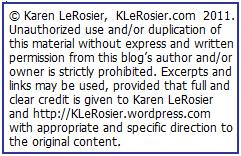Frost Burned, [Mercy Thompson Book 7]
Patricia Briggs
obstreperous
obstreperous: adjective
1.resisting control or restraint in a difficult manner; unruly.
2.noisy, clamorous, or boisterous: obstreperous children.
“But if she gets too obstreperous, just let me know.” Page 227
nascent
nascent: adjective:
1. beginning to exist or develop: the nascent republic.
2. Chemistry . (of an element) in the nascent state.
Two odd lumps that looked like nascent antlers emerge from his head. Page 175
[in reference to a weird sort of fae.]
![]()
suborned
suborn: verb (used with object)
1. to bribe or induce (someone) unlawfully or secretly to perform some misdeed or to commit a crime.
2. in law: a. to induce (person, especially a witness) to give false testimony. b. to obtain (false testimony) from witness.
He suborned them to weaken you and take over the seethe. Page 293
[seethe is the author’s fictitious word for a unit of vampires]
![]()
Image: Dance Party:
http://upload.wikimedia.org/wikipedia/commons/6/62/Dance_Party._Dance!_Dance!_2012.jpg
Image: Deer Photo taken by Daniel Mayer:
http://commons.wikimedia.org/wiki/File:Young_Mule_Deer_in_Bryce_Canyon_NP.jpeg
Image: Witness at Nuremberg Trials:
http://upload.wikimedia.org/wikipedia/commons/1/11/Friedrich_Doebig.jpeg
![]()









